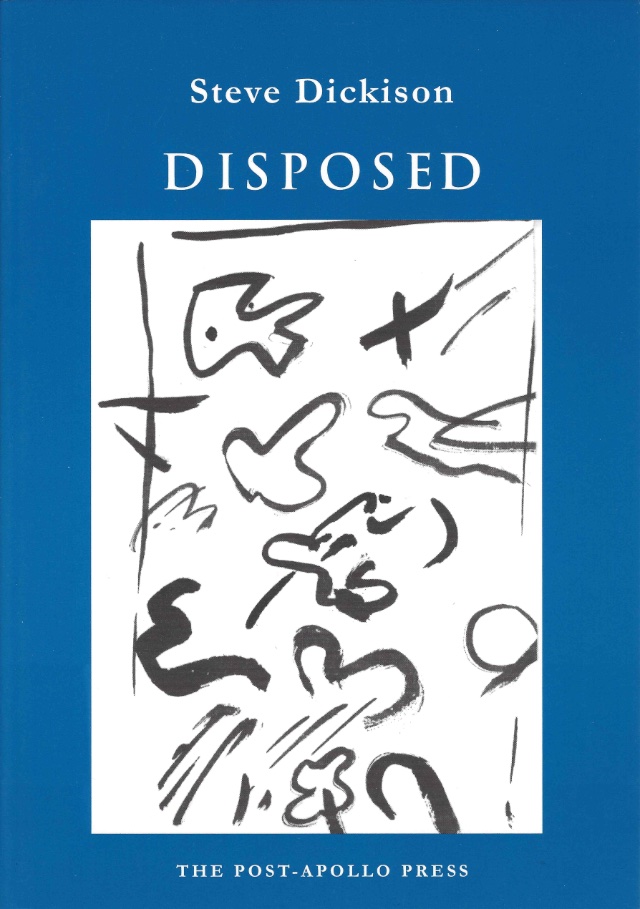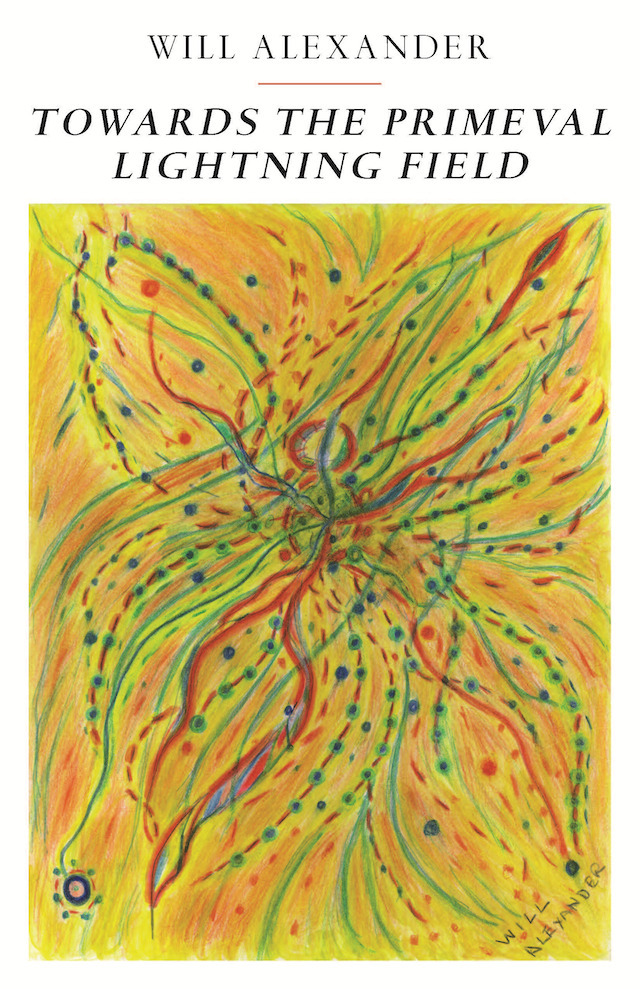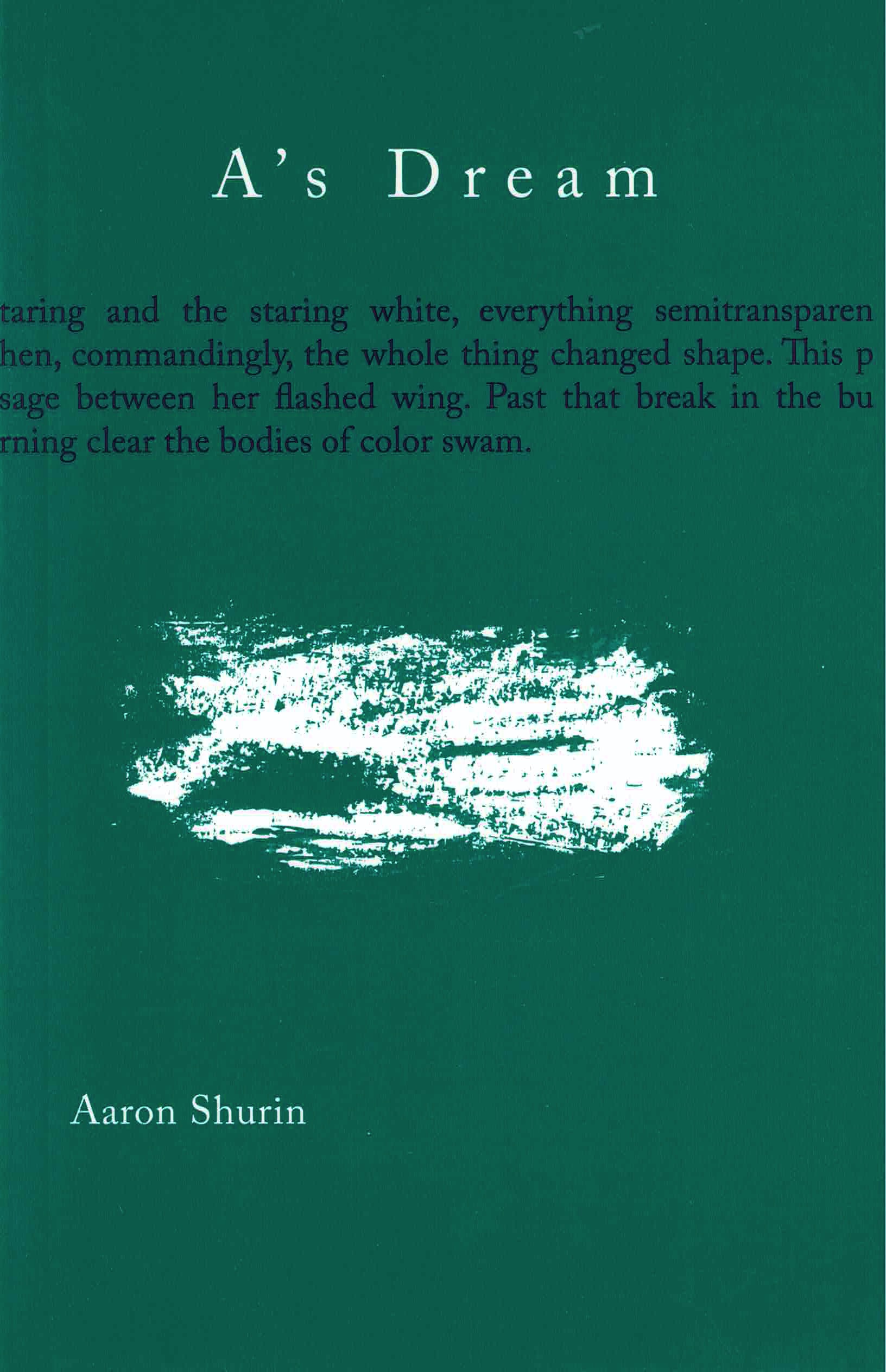From the Contemporary Poetry Series #2
Winner of the Northern California Independent Booksellers Association 2008 Book of the Year Award & named “Poet to Watch” by the NCIBA
In a polyphonic rhythm Disposed picks you up and holds you. This series of 19 poems pops and snaps with a day’s tattoo, registering the patterns of interference and exchange between the inner atmosphere of the mind and the external pressure of the moment. Dickison’s line is a groove, asking you to double back, slide through, on to the reverberating end of each intricately layered composition. In Disposed, now is a weather, seductive, volatile, and dazzling with flashes of articulated experience. When you step into its vernacular crackle, the whole place sings.
Steve Dickison
Praise for Disposed
“Palpable,” as one is titled: astute, uncalculated thought. “The scattered nature of reality” [Jack Spicer, from the epigraph] coalesces as dream does when it wakes to itself as dream. As though the dead spoke through each instance, seen from here as experience, in a language utterly strange: more intimate than’s usually bearable.
— Sarah Menefee
I’m hooked on just how he attaches
those jazzical slices of the current dense.
Listen her eand know that ceaseless
connection of the Poem Most High.
— Clark Coolidge
Where music meets gesture meets language slackened to its home materials, sound pushed through bells into “weird immaterial” names. “what is any sweet thing divided by zero/what is Jesus H. Christ’s middle name.”
— Rodney Koeneke





For Dickison, the penchant for writing is… inescapable from neuroses modified into acceptable behaviors. These are posed against another meaning of disposed, those “others” for whom English is a second language (“may I use please your phone to carry some speech?”), for whom law and order is meaningful force (“what brand of people come invested in/plastic handcuffs?”), so easily reduced to the noun (disposal), the excrement of the social. At the same time Dickison muses how intolerance of certain bodies goes hand in hand with the appropriation of others’ culture. The real issue, though, is how to play perception against memory, how to render visible and perceptible what is hidden (in memory), excised from, as, history.
— Tyrone Williams, Jacket2